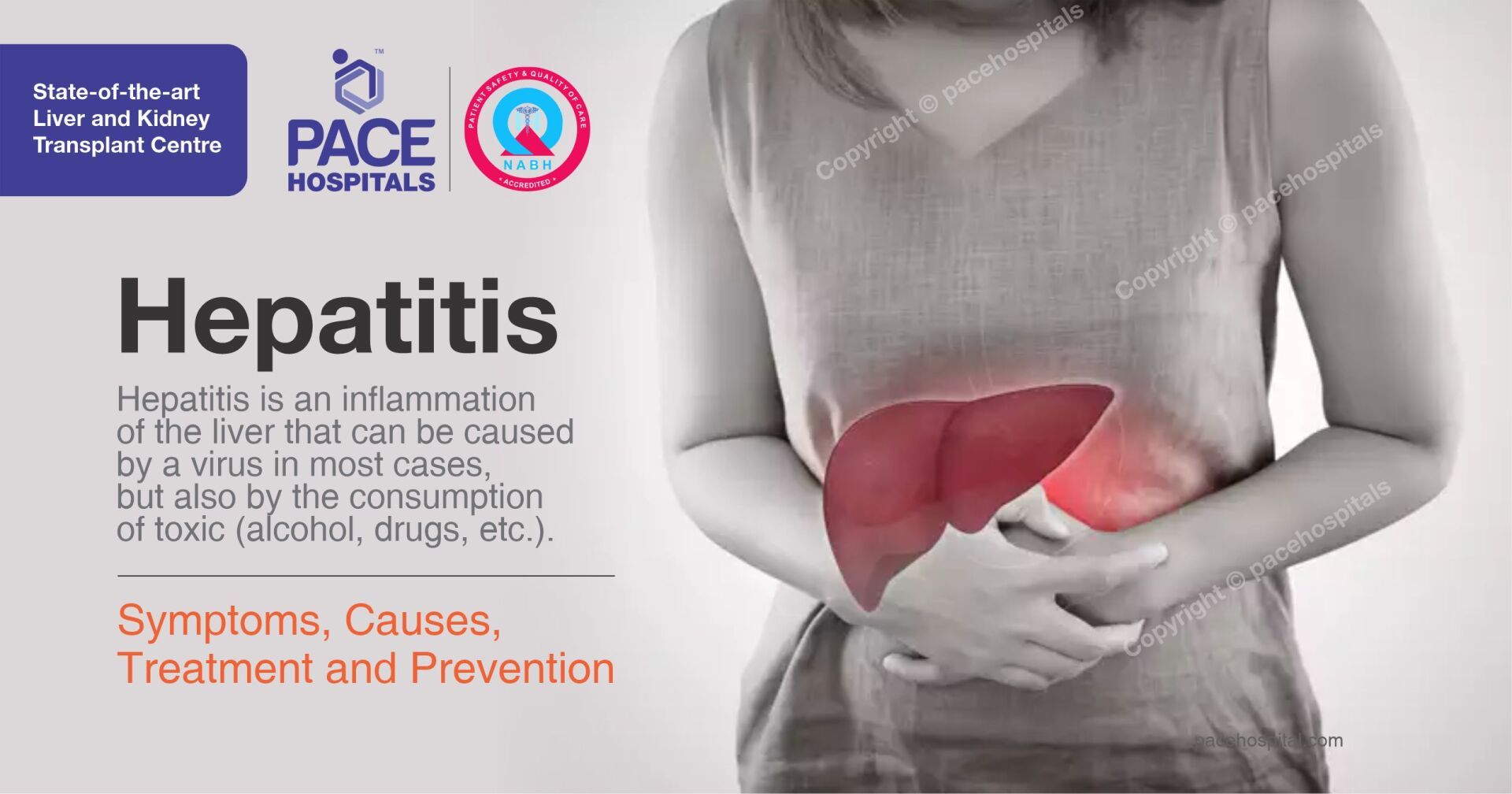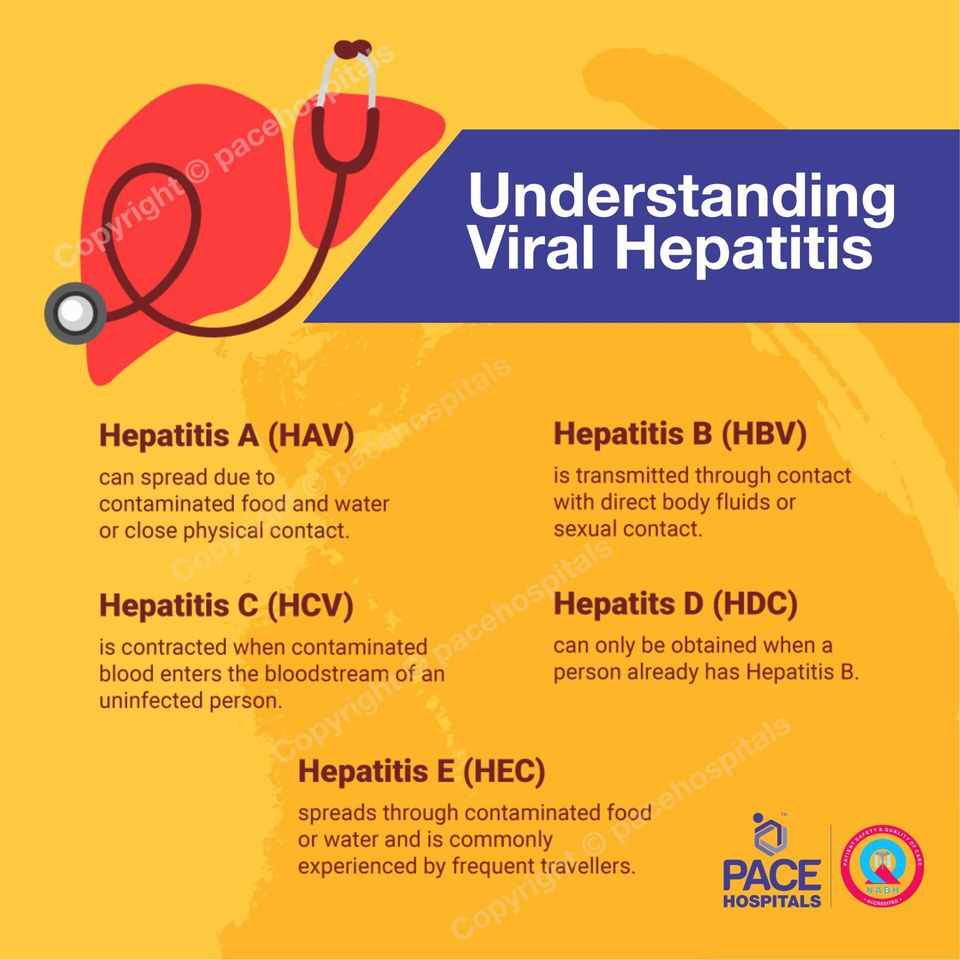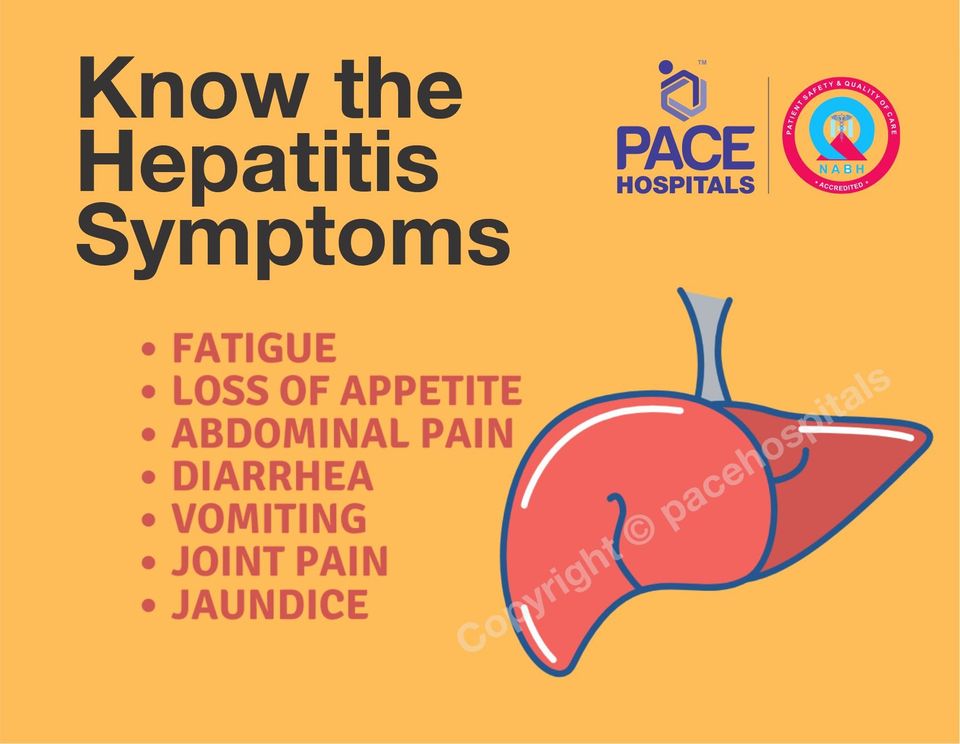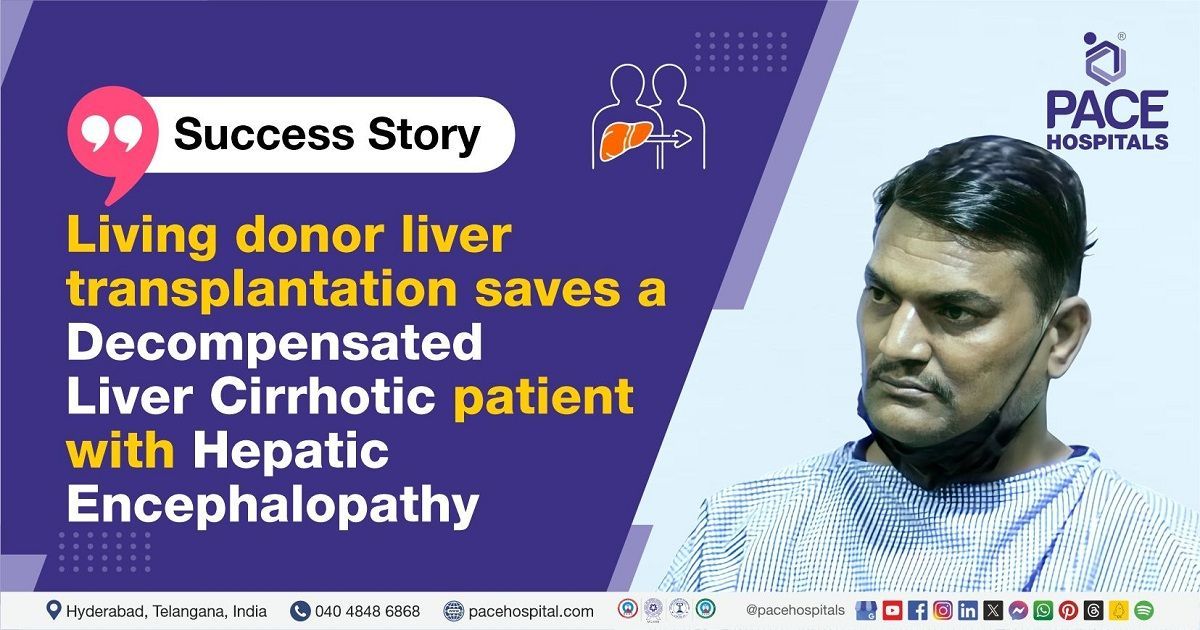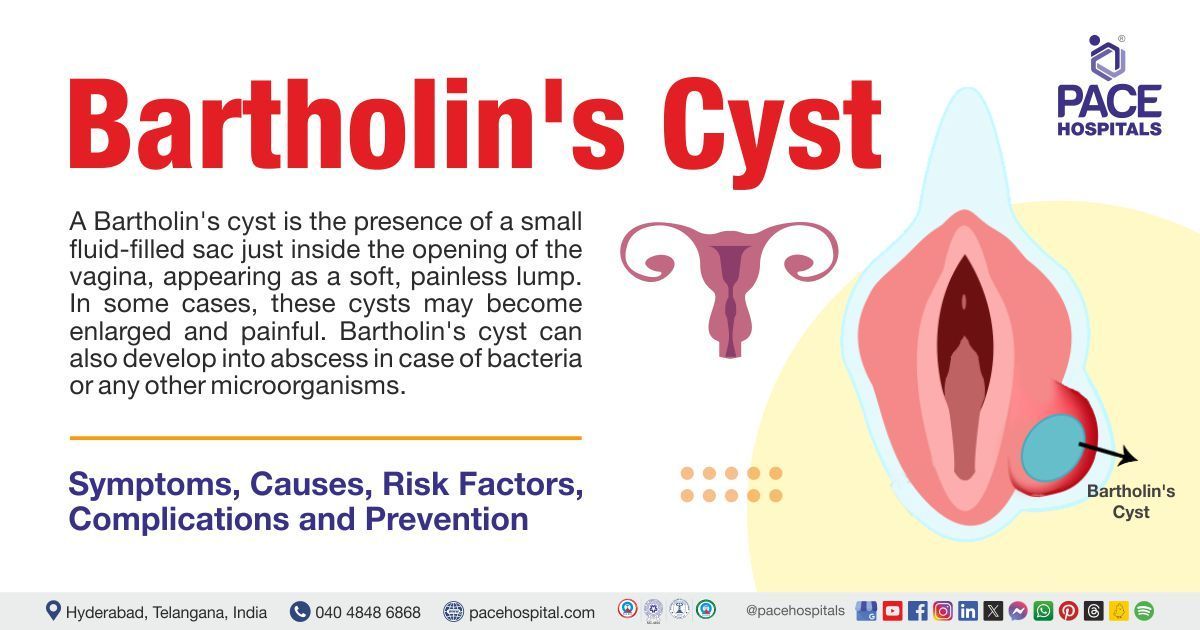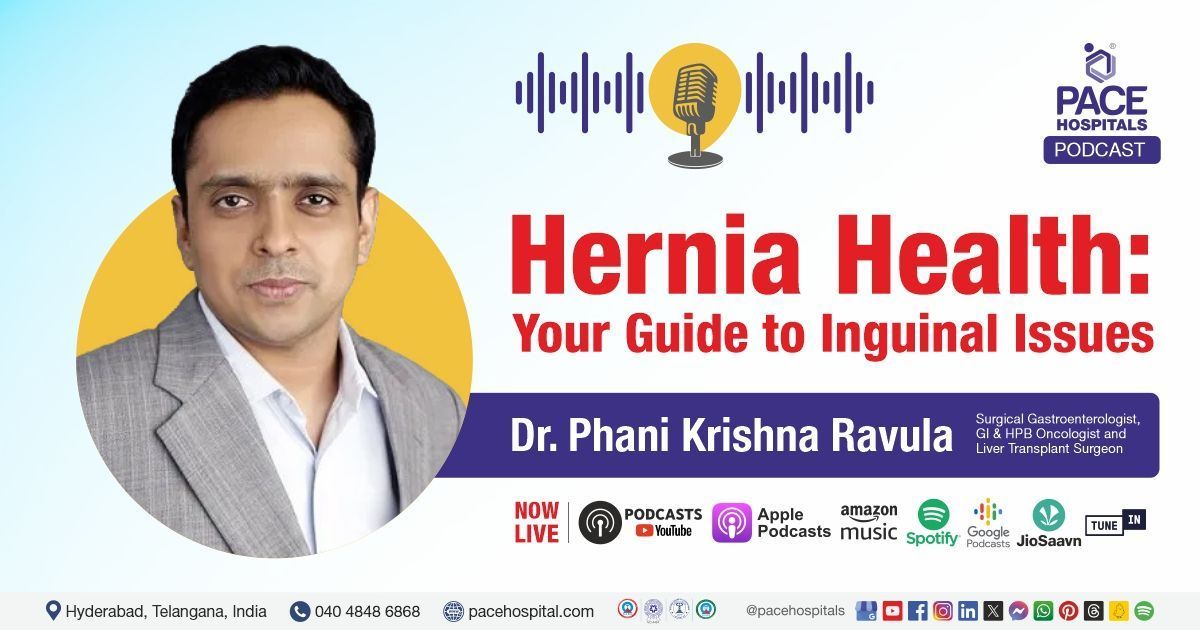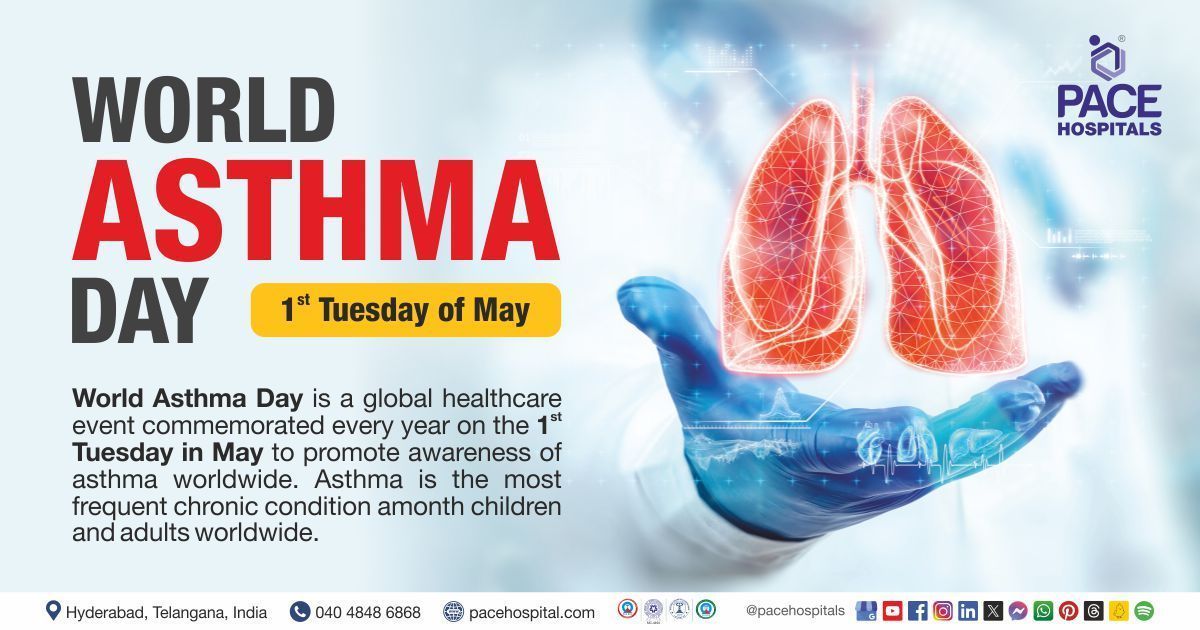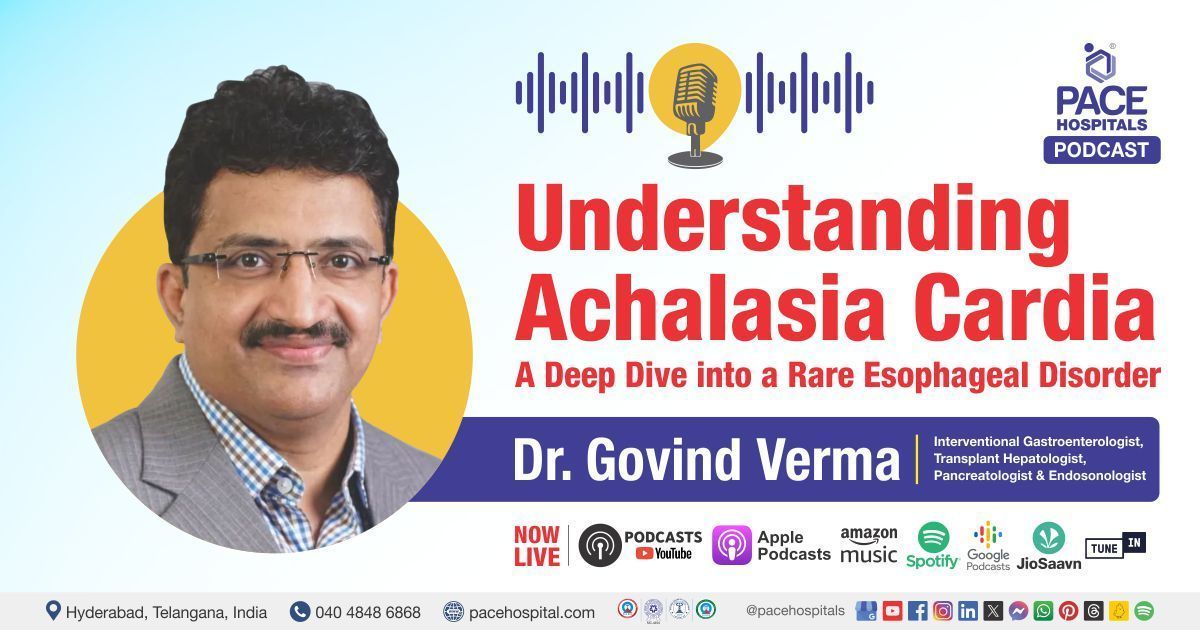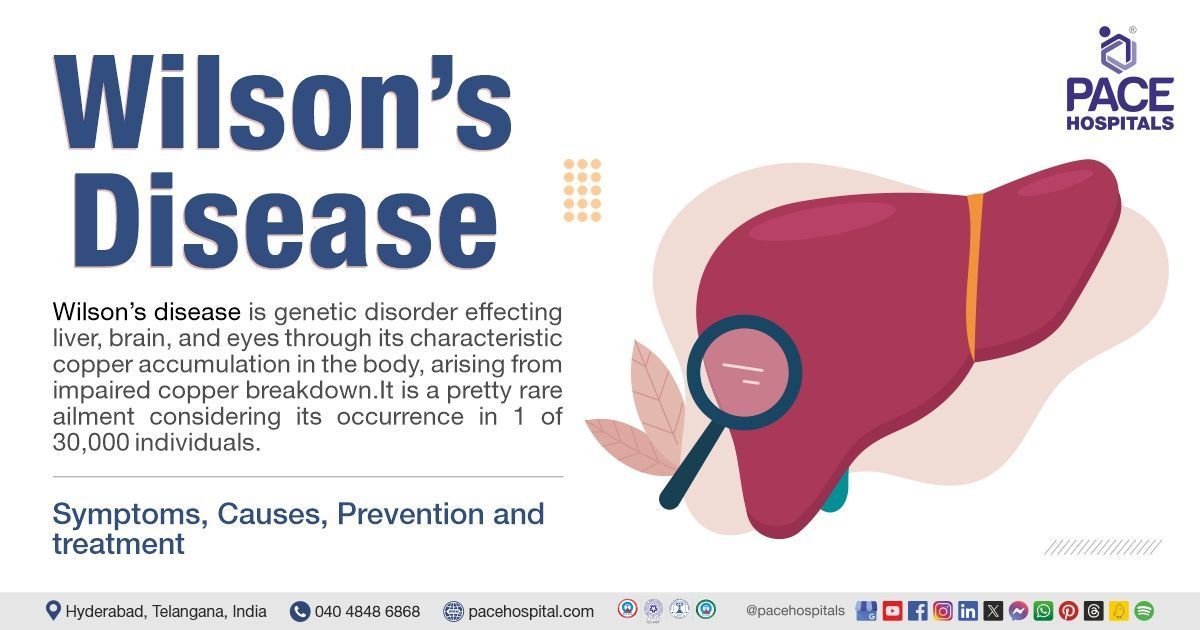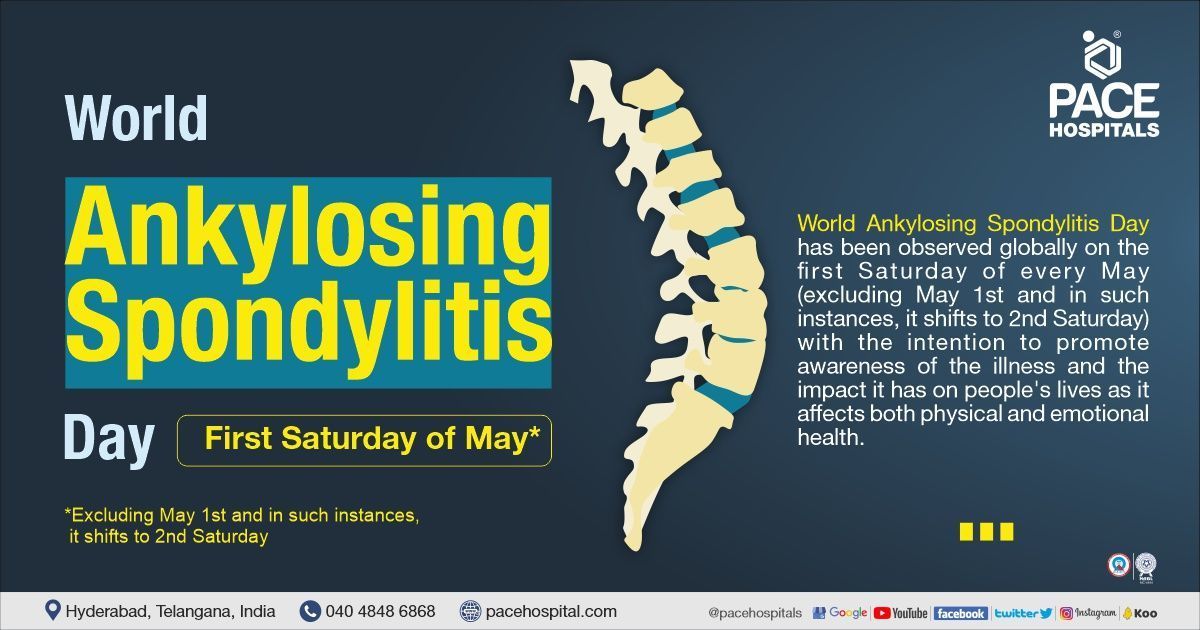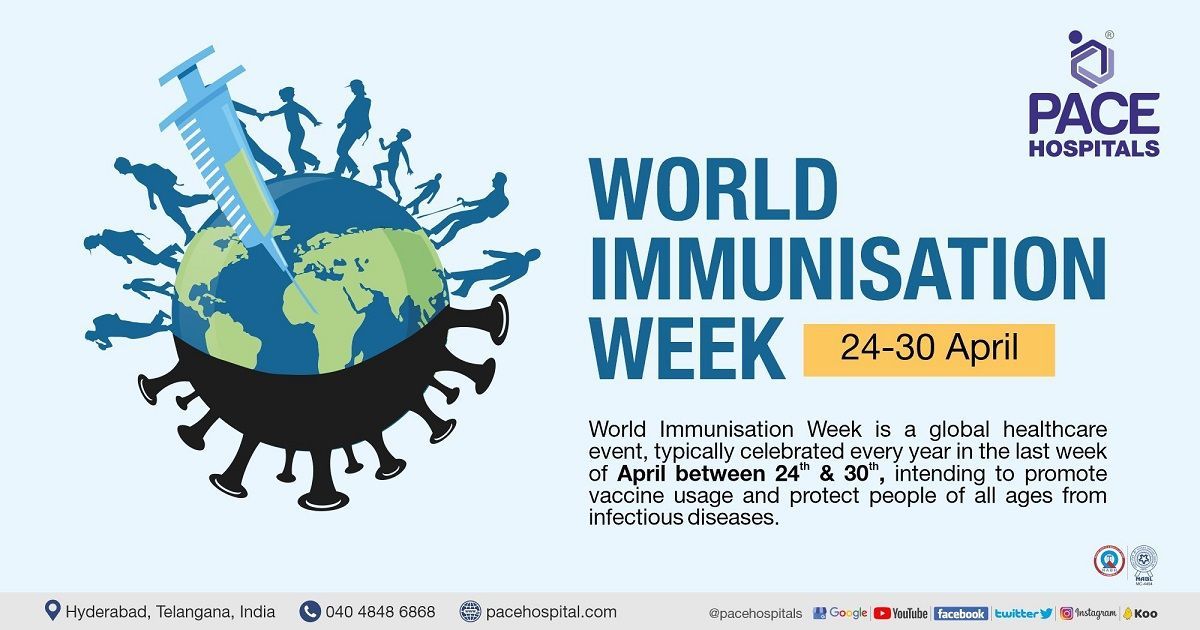Hepatitis - Symptoms, Causes, Treatment and Prevention
Hepatitis is an inflammation of the liver that can be caused by a virus in most cases, but also by the consumption of toxic (alcohol, drugs, etc.).
What is hepatitis?
Viral hepatitis is an infection with a liver tissue virus. There are five main viruses of main hepatitis: A, B, C, D and E. The severity of the disease and treatment to follow depend on the type of hepatitis and the individual, this sometimes causes cirrhosis or a Cancer. Hepatitis manifests itself by a yellow skin (jaundice or jaundice), dark urine, nausea, vomiting and abdominal pain.
Hepatitis A: acute viral hepatitis caused by the hepatitis A virus. It is often caused by contaminated food or water.
Hepatitis A: Symptoms, vaccine, how long does it last?
Hepatitis A is a viral disease of the liver that is mainly transmitted by ingestion of infected food or water in fecal materials. Fortunately, a vaccine exists to prevent contagion. What are the symptoms and are there treatments to treat it?
Hepatitis B: acute viral hepatitis caused by the HBV virus. It is transmitted from human to humans during sex, contact with blood or contaminated objects.
Hepatitis C: Acute or chronic hepatitis caused by the VHC virus or by the consumption of toxic (alcohol, drugs, etc.)
Hepatitis C: Symptoms, Treatments, Contagion: This viral liver disease remains silent for a long time, which is why one in three people does not know they are infected. Update on symptoms, contagion mode, treatments and chances of recovery.
Hepatitis D: Acute or chronic hepatitis caused by the HDV virus that needs hepatitis B virus to reproduce. There can be no hepatitis D if there has been no infection with hepatitis B before.
Hepatitis E: viral hepatitis transmitted animals to humans. It is mainly transmitted by eating raw or insufficient pork.
Hepatitis E: symptoms, treatment, how is it transmitted?
Less known than hepatitis B and C, hepatitis E is also a liver disease. WHO estimates that hepatitis E provokes just over 44,000 deaths per year around the world. How is the transmission? Is it contagious ? What are the symptoms of warning and what dangers? Update on this liver disease.
Acute viral hepatitis: This can be acute, that is to say occurring at a given moment and disappear spontaneously as for hepatitis A, or become chronic after an infection, such as hepatitis C or hepatitis C more rarely from hepatitis B . "Viral symptoms of viral hepatitis usually occur as flu syndrome with fever, fatigue, joint pain and pains, headaches and digestive signs sometimes, followed by yellow discoloration Skin and mucous membranes called jaundice.
Chronic hepatitis: It is a chronic inflammation of the liver that most often follows acute hepatitis. Chronic hepatitis is more serious, with possible progression of cirrhosis or liver cancer. Note that other viruses such as cytomegalovirus (CMV) or herpes virus can give hepatitis.
Fulminant hepatitis: Fulminant hepatitis is a rare syndrome combining a massive necrosis of hepatic parenchyma and a decrease in liver size (acute atrophy) that occurs during infection with certain hepatitis viruses or in case of toxicity or drug. The hepatitis B virus is sometimes responsible for the fulminant hepatitis and up to 50% of the fulminating hepatitis B implies co-infection with the hepatitis D virus.
Causes:
Viral hepatitis is caused by infection with a virus. In developed countries, hepatitis A, B and C viruses cause about 90% of acute hepatitis cases. Hepatitis D and E viruses are also responsible for hepatitis.
Non-viral hepatitis is mainly caused by the ingestion of products toxic to the liver (alcohol, drugs, toxic chemicals, etc.). They can also be the result of diseases affecting the liver, such as fatty liver (NASH or "fatty liver").
Symptoms:
- Intense fatigue similar to that of flu syndrome
- Loss of appetite
- Diarrhea
- Jaundice
- Yellowing of the skin and eyes
- Coloring of urine (dark urine)
- Nausea and vomiting
Transmission:
Hepatitis is transmitted differently according to the virus involved, by accidental ingestion of feces for hepatitis A, bodily secretions such as saliva, sexual secretions or by blood contamination for another hepatitis.
Treatments
Treatments vary depending on the type of hepatitis:
- Hepatitis A: "Normally, the body is able to fight against the hepatitis A virus. So this disease does not require special medical treatment, but the rest and a good diet are indicated. The symptoms disappear after 4 to 6 weeks "Remember our interlocutor.
- Hepatitis B: In the vast majority of cases (90%), infection with hepatitis B virus resolves spontaneously and no pharmacological treatment is necessary. The recommendations are then the same as for hepatitis A: rest and healthy food. When infection persists beyond 6 months, it means that the body can not eliminate the virus. He then needs help. In this case, several drugs can be used.
Evolution and risks
Hepatitis healed in a few weeks without treatment. We observe prolonged forms over several weeks healing. Hepatitis never advance with a chronic infection (unlike hepatitis B or hepatitis C). Hepatitis A is cured and induces immunity of life (a second infection with the HAV virus is impossible).
Acute hepatitis B progresses healing in the majority of cases (more than 90%). When acute infection does not recover, the evolution is towards chronic hepatitis B, defined by the persistence of the virus in the body for more than six months. Chronic hepatitis B takes place in 2 to 10% of cases and requires long-term follow-up and sometimes treatment.
In 90% of cases, hepatitis C goes unnoticed; Its diagnosis can then be performed when screening for hepatitis C. Acute hepatitis C can progress in two different ways:
to recovery in 15 to 30% of cases; towards the passage to chronicity (chronic hepatitis C) in 70 to 85% of cases. Chronic hepatitis C is defined by the persistence of the virus in the body for more than six months.
Prevention:
There are vaccines for hepatitis A and B. Hepatitis A vaccination only concerns people exposed to this virus. It has the effect of significantly reducing the risk of contracting this infection.
Request an appointment
Fill in the appointment form or call us instantly to book a confirmed appointment with our super specialist at 04048486868
Appointment request - health articles
Thank you for contacting us. We will get back to you as soon as possible. Kindly save these contact details in your contacts to receive calls and messages:-
Appointment Desk: 04048486868
Whatsapp: 8977889778
Regards,
Pace Hospitals
Hitech City and Madinaguda
Hyderabad, Telangana, India.
Oops, there was an error sending your message. Please try again later. We will get back to you as soon as possible. Kindly save these contact details in your contacts to receive calls and messages:-
Appointment Desk: 04048486868
Whatsapp: 8977889778
Regards,
Pace Hospitals
Hitech City and Madinaguda
Hyderabad, Telangana, India.
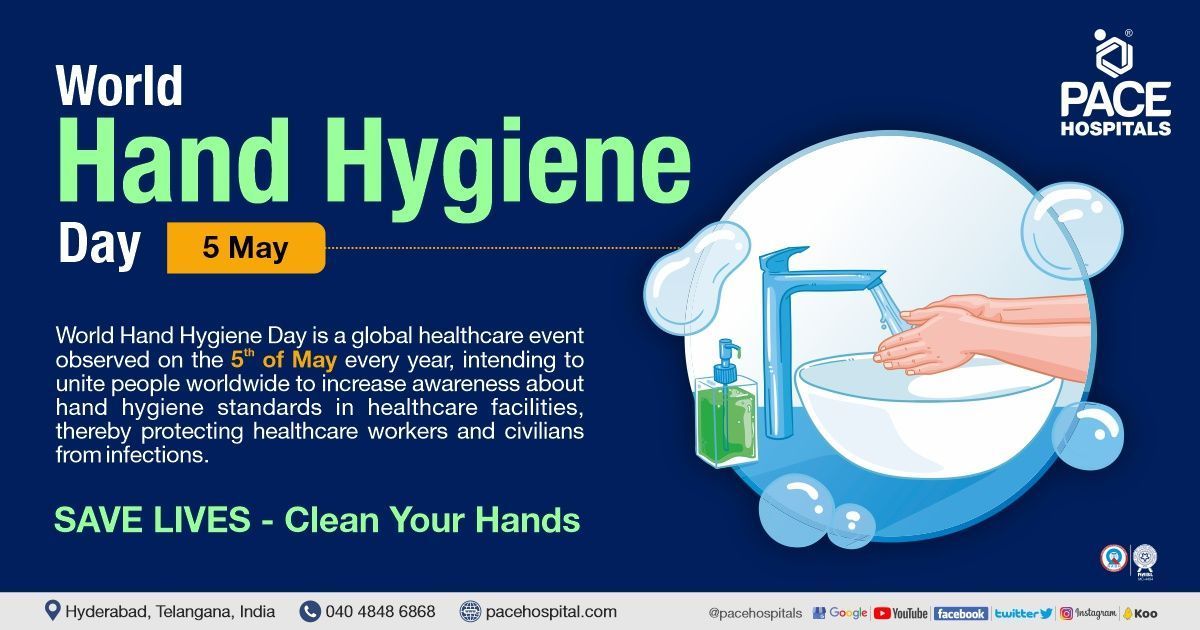
Our Locations
Subscribe to our newsletter and stay updated with the latest health information.
By clicking on subscribe now, you accept to receive communications from PACE Hospitals on email, SMS and Whatsapp.
Subscribe to PACE Hospitals News
Thank you for subscribing. Stay updated with the latest health information.
Oops, there was an error. Please try again submitting your details.
-

Payment in advance for treatment (Pay in Indian Rupees)
For Bank Transfer:-
Bank Name: HDFC
Company Name: Pace Hospitals
A/c No.50200028705218
IFSC Code: HDFC0000545
Bank Name: STATE BANK OF INDIA
Company Name: Pace Hospitals
A/c No.62206858997
IFSC Code: SBIN0020299
Scan QR Code by Any Payment App (GPay, Paytm, Phonepe, BHIM, Bank Apps, Amazon, Airtel, Truecaller, Idea, Whatsapp etc)
Call us at 04048486868
ADDRESS
PACE Hospitals
Hitech City : Beside Avasa Hotel, Pillar No. 18, Hyderabad - 500081
Madinaguda: Mythri Nagar, Beside South India Shopping, Madinaguda, Hyderabad - 500050
QUICK LINKS
Disclaimer
General information on healthcare issues is made available by PACE Hospitals through this website (www.pacehospital.com), as well as its other websites and branded social media pages. The text, videos, illustrations, photographs, quoted information, and other materials found on these websites (here by collectively referred to as "Content") are offered for informational purposes only and is neither exhaustive nor complete. Prior to forming a decision in regard to your health, consult your doctor or any another healthcare professional. PACE Hospitals does not have an obligation to update or modify the "Content" or to explain or resolve any inconsistencies therein.
The "Content" from the website of PACE Hospitals or from its branded social media pages might include any adult explicit "Content" which is deemed exclusively medical or health-related and not otherwise. Publishing material or making references to specific sources, such as to any particular therapies, goods, drugs, practises, doctors, nurses, other healthcare professionals, diagnoses or procedures is done purely for informational purposes and does not reflect any endorsement by PACE Hospitals as such.

